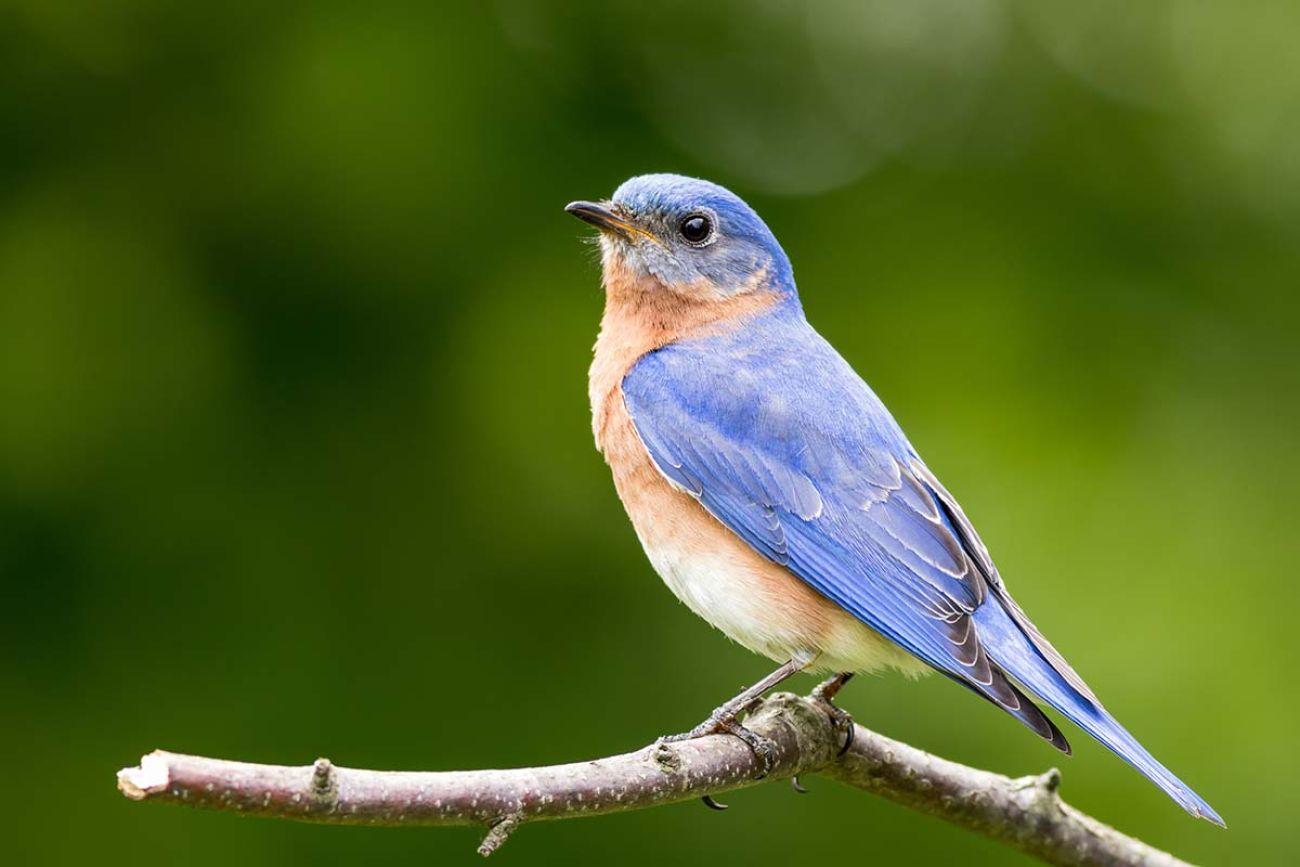Detroit Audubon will change its name, citing need for a ‘more inclusive posture’

Detroit Audubon Board of Directors announced it had voted to change the organization’s name Friday, distancing itself from John James Audubon, an enslaver, active anti-abolitionist, and eugenicist.
While the name change discussions began eight months ago, a formal proposal was presented to the board in November 2022. The board had hoped the National Audubon Society would take the lead in unifying affiliate organizations with a new inclusive name no longer honoring John James Audubon. However, the National Audubon Society voted to retain the name in March, prompting the resignation of three board members and sparking similar name-change decisions in other local chapters.

Detroit Audubon will remain affiliated with National Audubon. A naming committee will seek input from members in selecting a new name, aiming to finalize the change by Sept. 1. The organization’s mission to foster appreciation and conservation of birds and the shared environment will remain the same.
Related:
- Michigan Audubon chapters question future amid debate about racist founder
- Michigan updates list of at-risk birds, adds black tern, six others
- Anishinaabe tribes work to save Michigan whitefish
Rebecca Minardi, a Detroit Audubon board member, said that the organization’s conservation work should be celebrated, but the name should reflect the community, mission, and core values.
Another board member, Patrick Filbin, emphasized the importance of adopting a more inclusive posture and educating others to combat environmental threats.
“Man-made environmental change impacts and threatens all of us. Bird counts are falling, and so are vital insect counts. Habitats are under constant pressure; these threats come from every direction and impact all animals. The only way we can meaningfully mitigate this trend is by taking a more inclusive posture and a broader view and educating those around us to do the same,” said Patrick Filbin.
Despite John James Audubon’s complicated past and the recent controversy surrounding his legacy, Susan Bell, chair of the National Audubon Society’s Board of Directors, defended the decision to keep the name, stating that it represents a broader love for birds and nature.
Following the National Audubon Society’s decision, local chapters, including Detroit Audubon, have been considering their options. Gretchen Abrams, Executive Director of Detroit Audubon, expressed disappointment in the national organization’s decision and believes birds will suffer more.
Detroit Audubon was disappointed that [the national organization] did not take a leadership role in dropping the name,” Detroit Audubon Executive Director Gretchen Abrams told Planet Detroit. “And we believe birds will suffer more because of this poor decision.”
In Michigan, other chapters, like the Grand Rapids Audubon Club, have chosen to maintain their name, while the Oakland Audubon is waiting to see what other chapters do before deciding.
This controversy within the National Audubon Society reflects broader political and cultural divisions around race, identity, and historical memory in the United States. With bird conservation needed more than ever, some worry that the issue could create division and conflict within and beyond the organization.
April Campbell, who founded the BIPOC Birders of Michigan group to encourage people of color to embrace birding, called the National Audubon’s decision to keep the name “a big middle finger to people of color.” Meanwhile, Leonard Weber, a naturalist, and former Detroit Audubon member, has ended his membership until the organization changes its name.
Antonio Cosme, a co-founder of the Black to the Land Coalition, believes that the fear of losing right-wing conservation interests highlights the larger issues within the conservation movement. He argues that the decline in insect and bird populations in recent decades resulted from the failed conservation model, and the movement needs to look deeper than just the name change.
As the debate around the name continues, Detroit Audubon aims to find a new name that better reflects its mission and the community it serves.
“The work of Detroit Audubon should be represented by an inclusive name that reflects the community we serve. Disassociation with the name of a slaveholder and anti-abolitionist is a strong start,” said Abrams.
Michigan Environment Watch
Michigan Environment Watch examines how public policy, industry, and other factors interact with the state’s trove of natural resources.
- See full coverage
- Subscribe
- Share tips and questions with Bridge environment reporter Kelly House
Michigan Environment Watch is made possible by generous financial support from:
Our generous Environment Watch underwriters encourage Bridge Michigan readers to also support civic journalism by becoming Bridge members. Please consider joining today.
See what new members are saying about why they donated to Bridge Michigan:
- “In order for this information to be accurate and unbiased it must be underwritten by its readers, not by special interests.” - Larry S.
- “Not many other media sources report on the topics Bridge does.” - Susan B.
- “Your journalism is outstanding and rare these days.” - Mark S.
If you want to ensure the future of nonpartisan, nonprofit Michigan journalism, please become a member today. You, too, will be asked why you donated and maybe we'll feature your quote next time!






